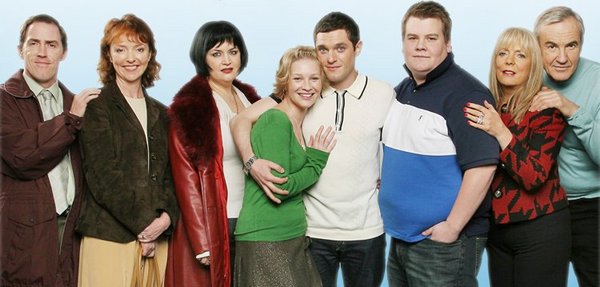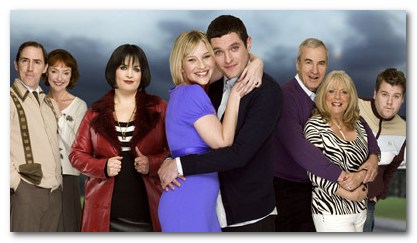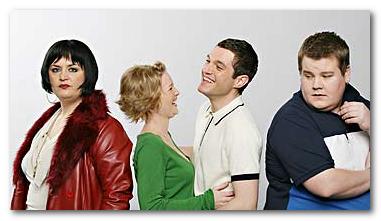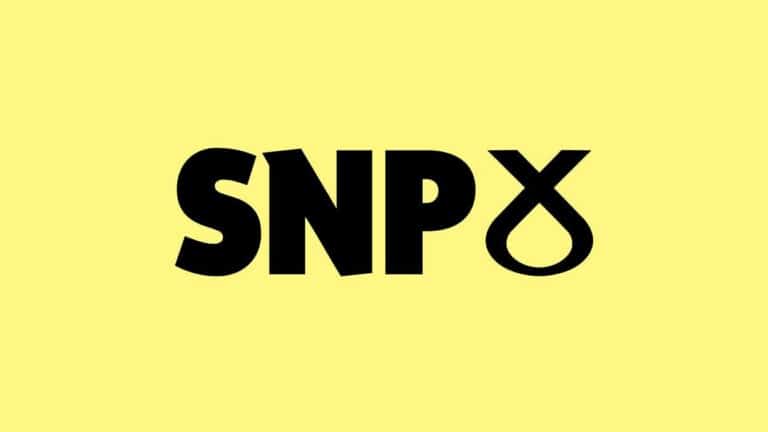Introduction
The SNP was born in 1934. It was not very successful as a political party (poor results). In April 1945, the SNP sent for the first time an MP to Parliament (Motherwell by-election).
In July, of the same year, it lost its unique seat during the general election.
1950s: poor results
Due to the lack of cohesion within the party: there were lots of divisions on several issues. And it had a negative image in public opinion: nationalism was considered evil and often associated with Nazi Germany and World War II.
1960s: breakthrough
1967: Hamilton by-election won by the SNP. The candidate elected was a woman, Winnifred Ewing.
1968: local elections. Very good results for the SNP.
People felt Scotland was spared the benefits of the economic boom of the United Kingdom. Scotland was among the regions which benefited the least. There was a feeling of discontent among the Scots. The SNP made progress.
After 1968, the SNP started to be taken seriously by both the Labour and the Conservative parties. Reactions :
- Conservative Party (in opposition)
In May 1968, Edward Heath (leader of the Conservative party) said he would give Scotland an Assembly: this is known as the “Declaration of Perth”. He created a constitutional committee presided by Sir Alec-Douglas-Home. The committee produced a report called “Scotland’s Government” in 1970.
Recommendations:
– creation of a Scottish Assembly,
– 125 members elected directly,
– powers to initiate and discuss Bills (to be approved by the British Parliament in Westminster).
- Labour Party (in office)
The Prime Minister, Harold Wilson, appointed the Royal Commission on the Constitution in 1968. The chairman was Lord Kilbrandon and it is referred to as the “Kilbrandon Commission”. It produced 2 reports in 1973.
Recommendations:
– creation of a Scottish Assembly,
– members elected directly by Proportional Representation (a major innovation compared to the first-past-the-post system).
Lire la suite



